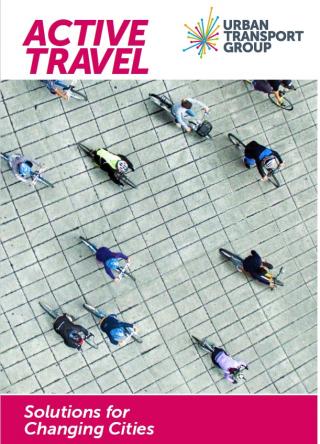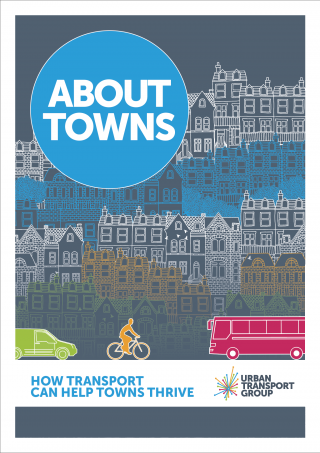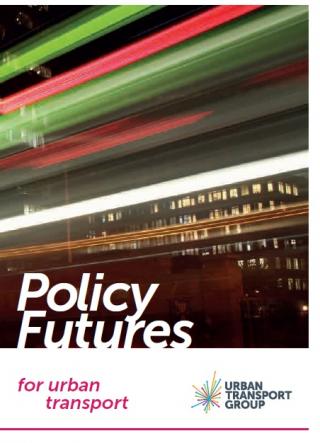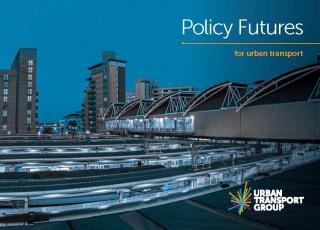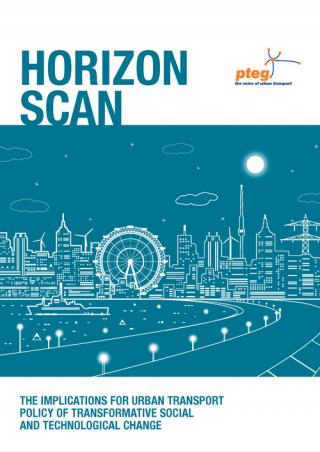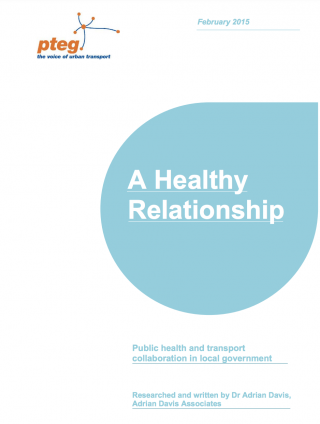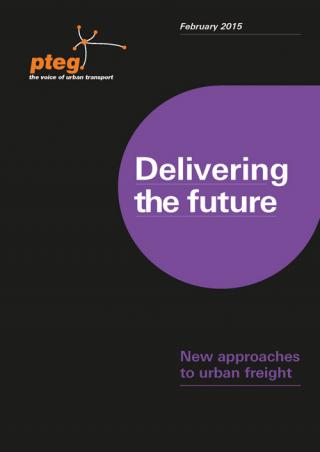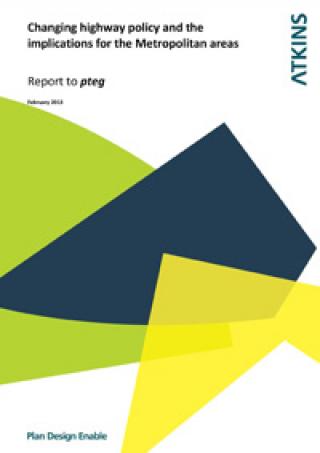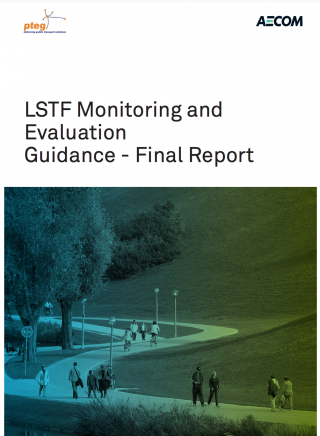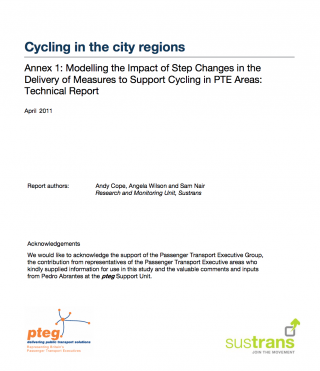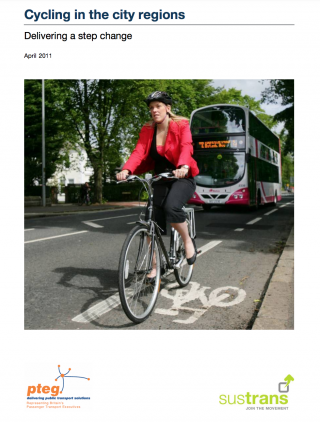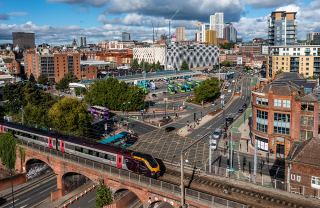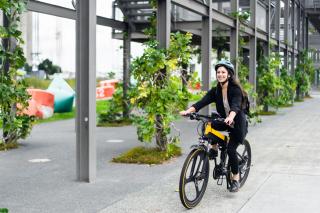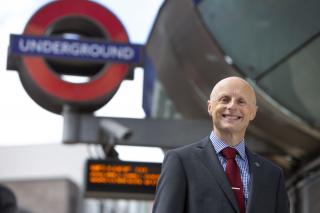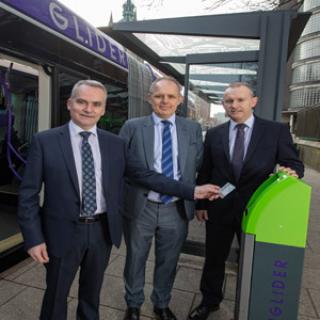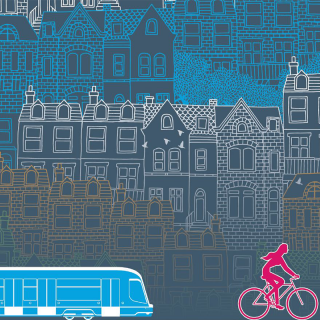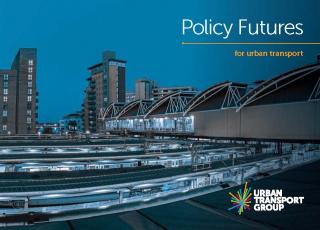Active Travel
If more short journeys are made on foot or by bike, we can make our cities healthier, greener and more liveable places.
Fully charged
E-bikes have enormous potential to expand access to cycling, overcome barriers set by the UK’s often hilly terrain, shift mode use from the car, deliver substantial carbon savings, reduce congestion and revolutionise first and last mile freight deliveries.
Active Travel: Solutions for changing cities
Over the last decade promoting active travel has moved from the fringes of urban transport policy to a much more central role in the planning of cities and their transport networks. This is because the promotion of active travel, and the creation of places and streetscapes where people want to walk and cycle, is such a good fit with where cities that are going places want to be.
The Case for Active Travel
This report sets out the fivefold economic benefits of greater investment in active travel: saving costs to the health sector; the economic value of active travel trips; the economic benefits of an improved urban realm; promoting inclusive growth; and direct employment and spend.



